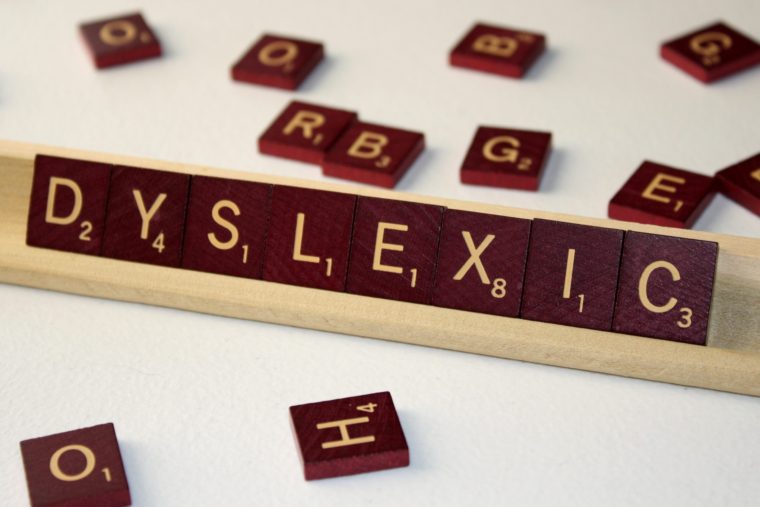When a baby is about two months old, visual coordination begins to take place and her eyes are able to follow an object or person as they move, but they do not work together very well. By the time she turns three months, however, your baby’s eyes synchronize well enough to focus and track objects.

Around this same time, not only will your baby smile when you appear in her line of vision, but she will also begin to make cooing then gurgling and babbling noises that graduate to imitating the sounds she hears when you speak.
Although every child develops at his or her own pace, most children will be saying about 10 words by the time they are 18 months old.
How did this marvelous thing happen? By imitation.
Children are keen listeners. Like sponges, they suck up the sounds around them, and without structured teaching, by 24 months, most of them understand simple commands and questions, as well as speak good enough to be understood.
Listening and speaking are innate.
Reading and writing are not.
Although reading is “speak on paper”, to become good readers, children must figure out that the sounds in the words they say are represented by different letters and combinations of letters.
According to Nancy Young’s Ladder of Reading, only 5 percent of children learn to read seemingly effortlessly. The others require varying levels of a structured literacy approach.
At the extreme end of this continuum are the “one in five”…the children with dyslexia.
Did you know that the most common learning disability is displayed by dyslexic children?
Most people consider dyslexia to be a learning disability. However, from my experience with my daughter and other dyslexic children, I’d say it is not.
I like how Ben Foss, a prominent dyslexic entrepreneur, and activist, describes it. An identity. A genetic, brain-based characteristic that results in difficulties in some areas, like reading, writing, and spelling, and strengths in other areas, such as visual, spatial, or kinesthetic skills.
Have you ever considered that whenever you are in a crowd, there’s at least one dyslexic person present?
Do you know anyone who is dyslexic?
What are their unique strengths?

I was one of those kids who learned to read effortlessly. I was self taught and my mother discovered, by accident, that I could read at the age of four. But, in school, my gift for reading was less appreciated than at home because it didn’t come with any ability whatsoever to do phonics. The other kids heard sounds; I heard nonsensical noises. I was pushed into a slow reading group and written off, or so it felt. Many years later, I found out that I have an auditory processing disorder. Part of that had to do with being able to read phonetically. I cannot; I recognize written words as entire word pictures; they don’t break apart into sounds for me. And there are some sounds that I actually don’t hear despite having better than normal hearing. I know that if I didn’t have a good visual memory, I might have never learned to read.
Thanks, Alice, for commenting here. Your story is not unusual. There are some dyslexics who read flawlessly, yet have challenges when using speech sounds for coding information when reading, listening, and speaking. Have you thought of getting tested for dyslexia?
Awareness about dyslexia is important for parents so that it can be recognized early on so the child can get maximum help possible. Thanks for writing this post.
Thank you, Ginia, for stopping by and commenting. As the parent of a dyslexic child who didn’t find out the root of her academic challenges until the end of grade 2, I feel the frustration, overwhelm, and helplessness of others in a similar situation.
I’m not dyslexic – actually I’m one of those 5% who just knew how to read, but my sister is dyslexic. I remember as a kid teaching her to read by having code words. When she came to a particular word she got a tickle. Another word would get her a pinch (hey, I was a kid). She somehow caught on that way.
I came here because you visited me and left such a lovely comment. I promise, I won’t pinch you.
😁